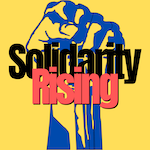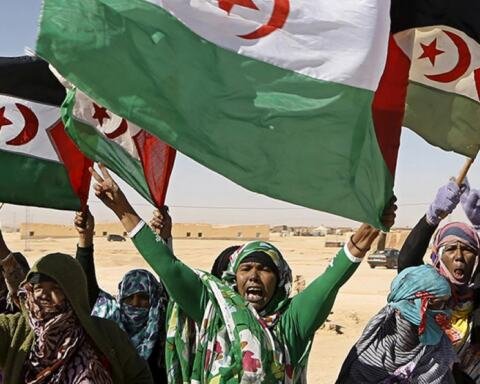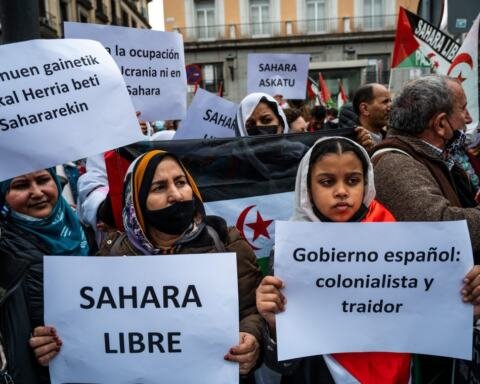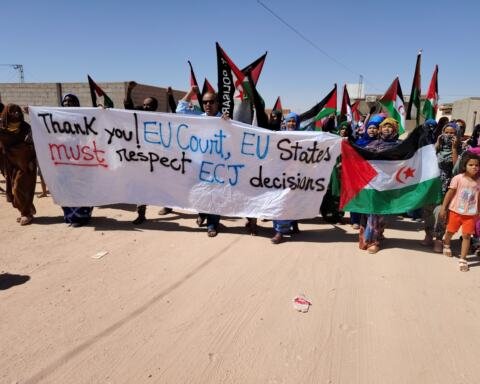This article explores the processes of development and naturalisation of the Saharawi national identity that emerged during the 1970s under the leadership of the Frente Polisario and argues that in order to understand the Western Sahara conflict it is necessary to analyse the hegemonic policies implemented by both the Polisario and Morocco. The article shows that in the areas under Polisario administration the Saharawi subjectivity is actively and effectively promoted by the institutional structure of the Saharawi Arab Democratic Republic. On the contrary, in the areas under Moroccan control the same Saharawi subjectivity promoted by the nationalists acts as a successful way of subverting the attempts to hegemonise Moroccan identity, or, in other words, as a destructive force undermining Rabat’s efforts to normalise the situation in the ‘southern provinces’.
Full article
Nationalism-identity-and-citizenship-in-the-Western-SaharaSource: Taylor & Francis Online
Support our work
Support our work
Support our work with a one-off or monthly donation
AuthorPablo San MartinYear2007Pages29LanguageEnglish
Share via
Related resources
The Western Sahara Dispute: A Cautionary Tale for Peacebuilders
The UN and MINURSO have succeeded neither inconducting a referendum nor in…
Western Sahara as a Hybrid of a Parastate and a State-in-Exile: (Extra)territoriality and the Small Print of Sovereignty in a Context of Frozen Conflict
Within the liminal universe of parastates, what makes Western Sahara/SADR…
The Front Polisario Verdict and the Gap Between the EU’s Trade Treatment of Western Sahara and Its Treatment of the Occupied Palestinian Territories
Morocco’s control over Western Sahara and Israel’s control of the West Bank…



